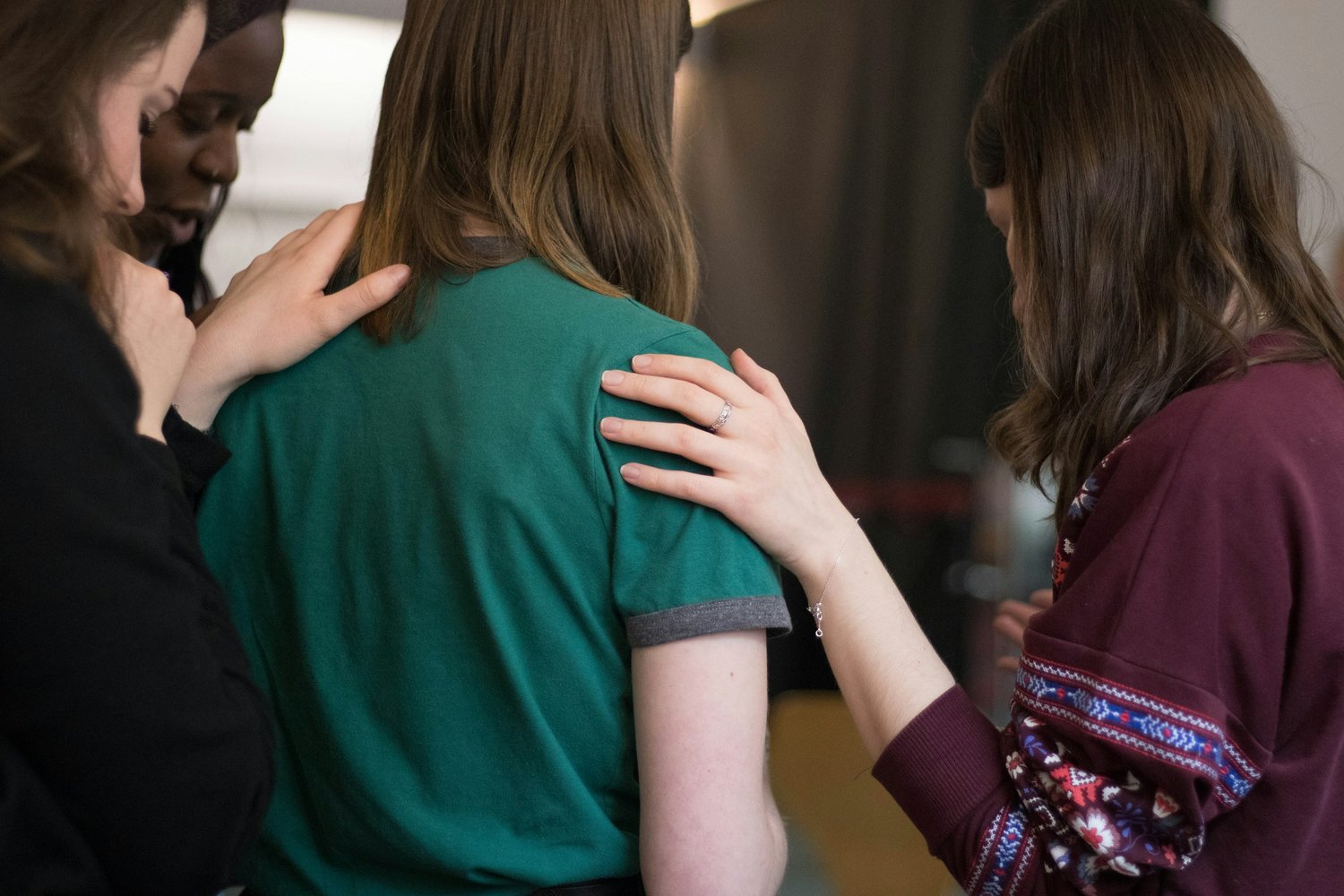Beyond the Pulpit: When Fear and Love Collide in Modern Churches

At Religion Unplugged, we celebrate intellectual diversity and the power of thoughtful discourse. Our platform is committed to presenting a wide range of perspectives, grounded in rigorous research and nuanced analysis. The following article represents the unique insights and personal viewpoint of its author, and may not necessarily reflect the collective stance of Religion Unplugged, our dedicated staff, or our broader contributor network.
We believe in fostering an environment where different voices can be heard, where complex ideas can be explored, and where readers are invited to engage critically with diverse perspectives on religious and cultural topics.
